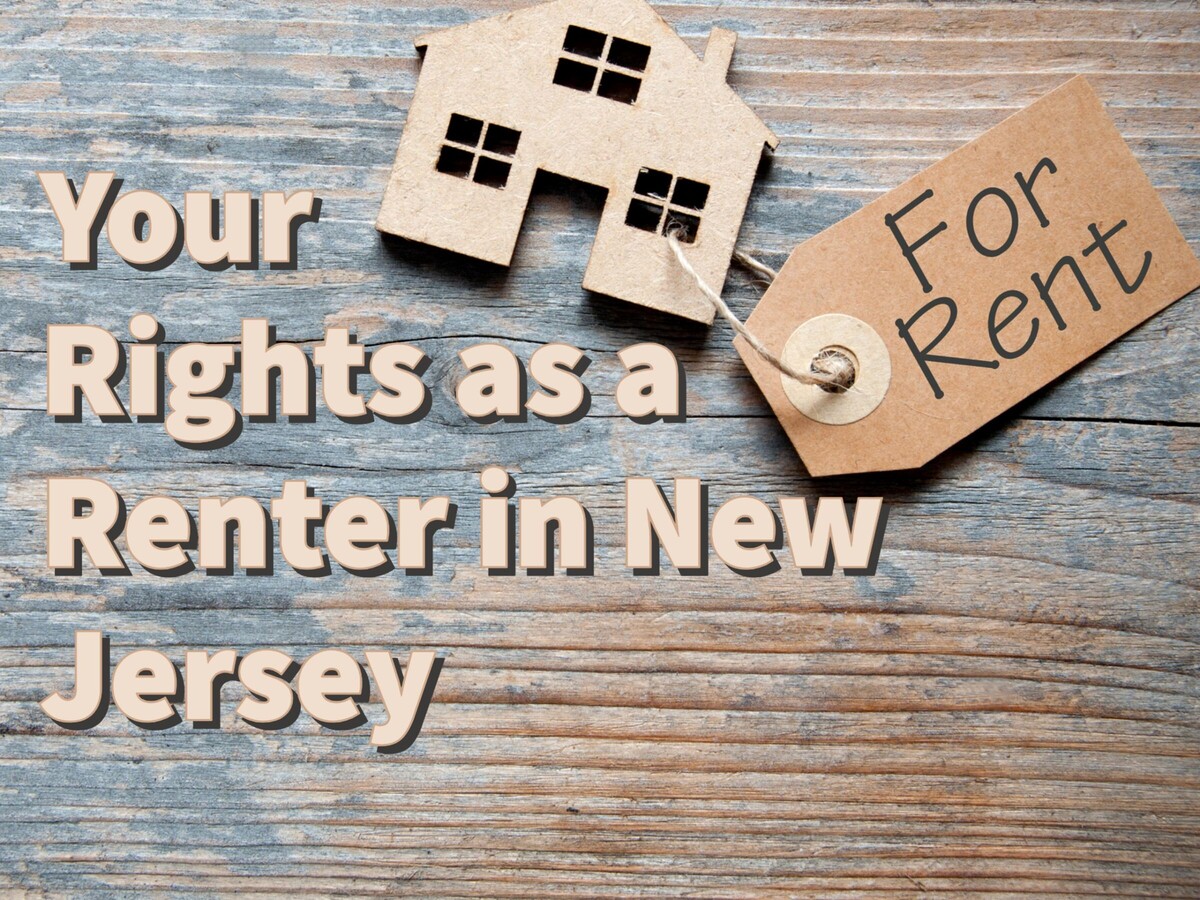Image


As residents of the Garden State, residential tenants in New Jersey are entitled to certain rights and protections under state law. This article seeks to highlight key elements of these rights, focusing on the eviction process, protections against discrimination, reasons for eviction, potential defenses, and the obligations of landlords.
In New Jersey, the eviction process must be carried out legally and fairly, following the right procedures. The landlord cannot evict any residential tenant without the intervention of a special civil part officer.
Before an officer can be directed to evict any residential tenant, the landlord must first file a landlord-tenant lawsuit in the special civil part of the Superior Court and secure a judgment for possession from the court.
The attempted eviction of a tenant by the landlord without a judgment for possession is deemed an illegal lockout. Similarly, if the eviction is not executed by a special civil part officer, it is also classified as an illegal lockout.
It's crucial for tenants to know that they have the right to attend court on the scheduled trial date to defend themselves against a possible eviction. These cases are heard in the county courthouse where the rental property is situated.
Following the disruption caused by the COVID-19 pandemic, landlord-tenant trials and evictions resumed as of September 1, 2021. Eviction notices must not be ignored. The court is now conducting case management conferences and settlement conferences via phone or video conference.
New Jersey has two primary statutes that apply to eviction cases:
Tenants in New Jersey are also protected by anti-discrimination laws. Tenants cannot be denied housing due to their gender identity or expression, race, or other types of bias. These protections extend to tenants who have emotional support animals, and landlords are forbidden from discriminating against them. Other protections cover areas such as racial steering and discrimination based on the lawful source of income used to pay rent. More detailed information can be found on the Division of Civil Rights webpage.
Landlords may file a complaint in landlord-tenant court for several reasons:
Generally, the landlord must provide a tenant with a written notice to cease or stop any disorderly conduct or violation. Eviction can only proceed if the tenant continues the conduct after receiving the notice to stop.
There are many defenses that tenants can employ in eviction cases. These defenses can include habitability, unregistered rental property, illegal tenancy, and abatement, among others. Tenants and landlords should research these issues in preparation for court. Legal Services of New Jersey has a helpful website that provides more information.
In New Jersey, a landlord can only charge up to 1½ months’ rent as a security deposit. This deposit must be placed into an interest-bearing account within 30 days of receipt. The landlord is required to provide the tenant with specific information about the account holding the deposit and update this information annually.
Foreclosure of a rental property does not automatically lead to eviction of the tenants. A residential tenant in good standing with a valid lease will not be forced to move because the property is in foreclosure.
Understanding the laws and rights surrounding tenant-landlord relationships in New Jersey can help both parties navigate any issues that arise and ensure that all interactions are legal and fair. Learn more about your rights as a tenant in New Jersey here.